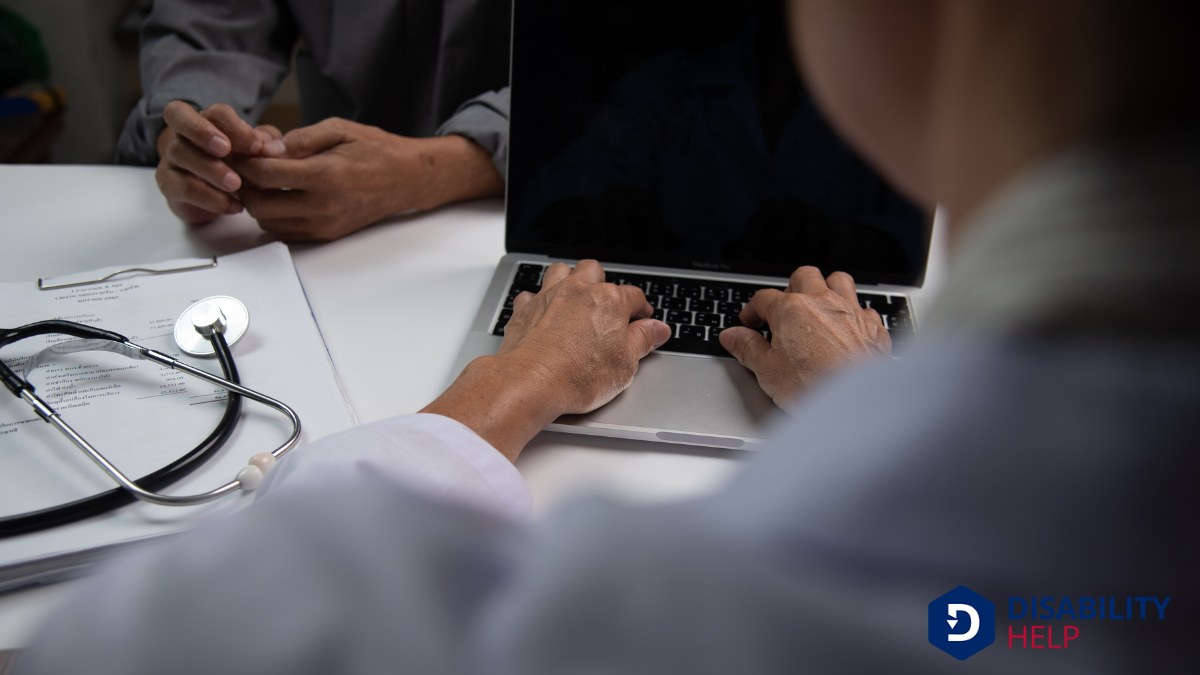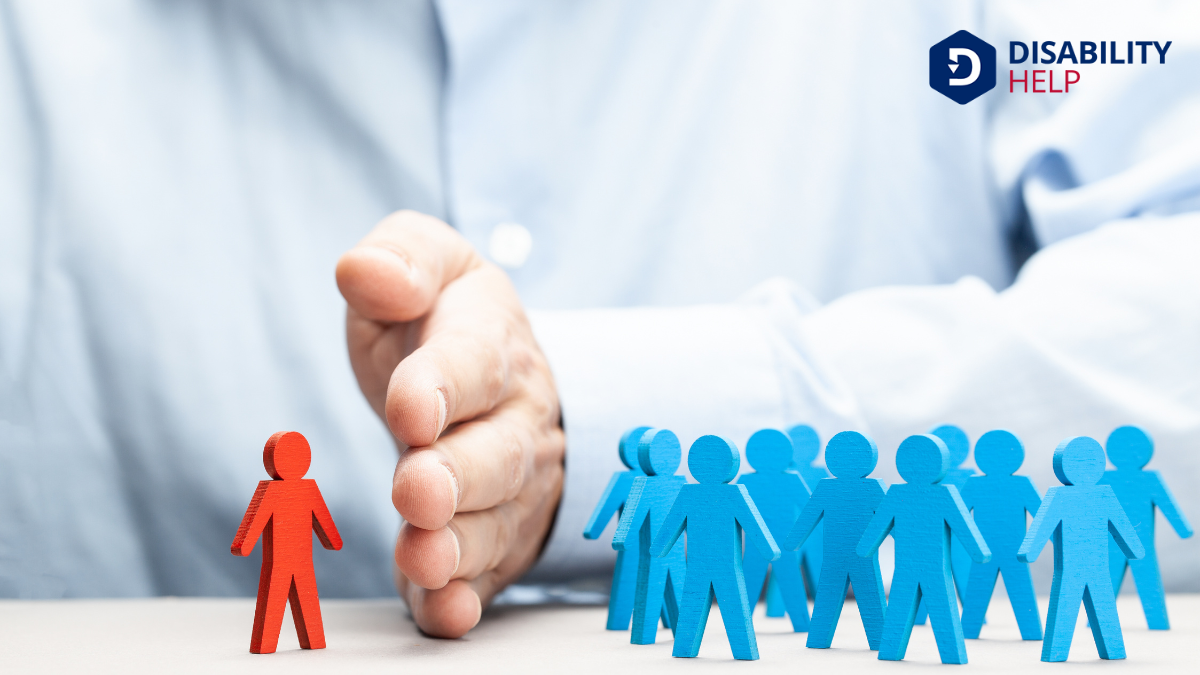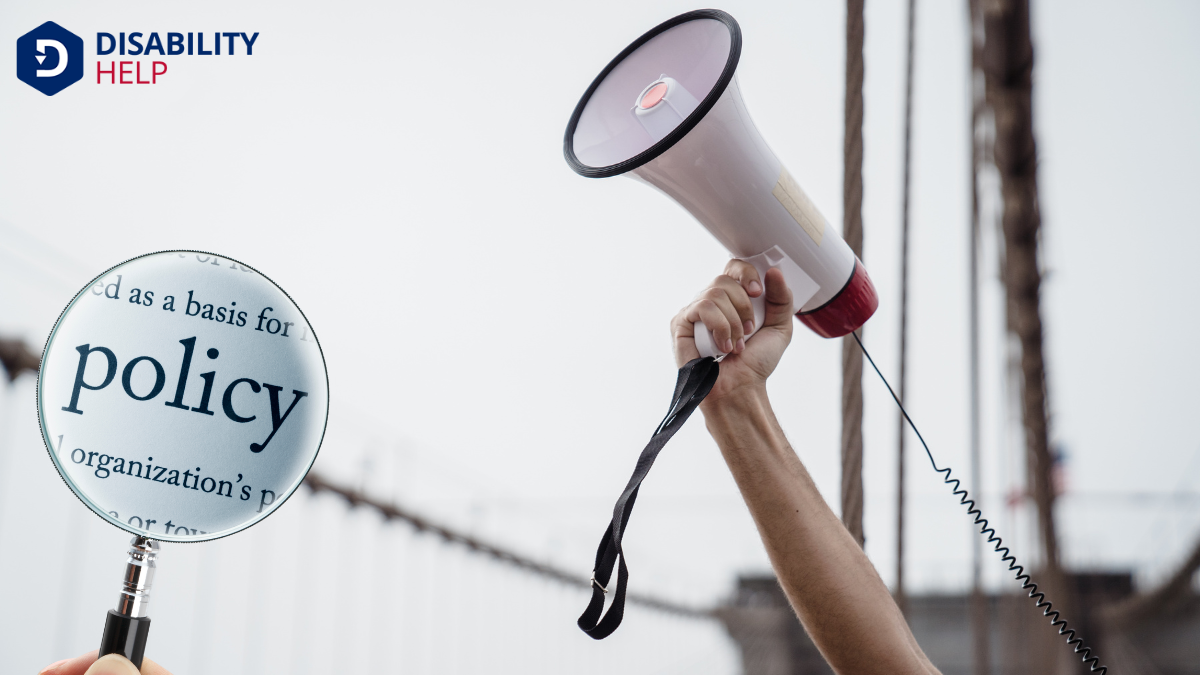As we navigate the complexities of healthcare, we may wonder if individuals with disabilities face denial of care simply because of their condition. Despite legal protections under the ADA, systemic barriers and biases persist, often leading to unequal treatment. What does this mean for those seeking equitable healthcare access? Let's explore the impact of these challenges and consider how advocacyThe act of arguing in favor of, supporting, or defending the rights and interests of individuals or ... and reform can help bridge the gap for all individuals.
Key Takeaways
- Under the ADA, individuals cannot be denied healthcare services solely because of a disability.
- The ADA requires healthcare providers to make reasonable accommodationsModifications or adjustments in healthcare settings to support patients with disabilities. for patients with disabilities.
- Despite legal protections, enforcement is inconsistent, leading to potential gaps in healthcare access.
- Providers' lack of awareness or training can unintentionally result in discriminatory practices.
- Physical, communication, and attitudinal barriers can still hinder access to healthcare for individuals with disabilities.
Understanding the Americans With Disabilities Act (ADA)
When we investigate the Americans With Disabilities Act (ADA)A U.S. law that prohibits discrimination against individuals with disabilities in all areas of publi..., we're exploring a landmark legislation that reshaped how society perceives and accommodates individuals with disabilities.
Introduced in 1990, the ADA prohibits discrimination against people with disabilities in all areas of public life, including jobs, schools, transportation, and public and private places open to the general public.
It's essential for us to understand that the ADA aims to guarantee equal opportunity and access.
Mandating reasonable accommodations empowers individuals with disabilities to participate fully in society.
We must recognize that the ADA sets a foundation for inclusionThe practice of creating environments in which any individual or group can be and feel welcomed, res... and accessibilityThe design of products, devices, services, or environments to be usable by people with disabilities...., challenging stereotypes and fostering a more equitable environment.
Let's embrace this understanding to advocate for and support disability rightsThe legal and human rights afforded to individuals with disabilities, often the focus of advocacy an... in our communities.
Common Barriers to Healthcare Access

While the ADA sets a strong foundation for inclusion, individuals with disabilities still face significant challenges in accessing healthcare. Physical barriers in medical facilities can make it difficult for us to receive the care we need. For example, narrow doorways, a lack of ramps, or inaccessible examination tables create obstacles.
Communication barriers also exist. Many of us encounter healthcare providers who aren't trained to effectively communicate with individuals with hearing, vision, or cognitive impairments.
Additionally, attitudinal barriers persist when some professionals hold biases or lack awareness about disabilities, impacting the quality of care. Financial hurdles can further complicate access, especially when specialized equipment or extended appointments are needed.
The Legal Landscape: Protections and Gaps
Despite the progress we've made in disability rights, the legal landscape still contains both protections and gaps that affect our healthcare access. Laws like the Americans with Disabilities Act (ADA) and the Affordable Care Act (ACA) protect us by prohibiting discrimination based on disability. These laws guarantee we can’t be denied healthcare services solely due to our disabilities.
However, gaps persist. Enforcement of these protections isn’t always consistent, and maneuvering the legal system can be intimidating. Some healthcare providers may lack awareness or training about our rights, leading to unintentional discrimination.
Furthermore, while legal remedies exist, pursuing them requires time and resources. We must stay informed about our rights to advocate effectively and push for stronger enforcement and better awareness.
Physical Inaccessibility in Medical Facilities
Addressing the legal protections is only part of the challenge we face in accessing healthcare; physical inaccessibility remains a significant barrier in many medical facilities.
Imagine arriving at a clinic only to discover that the entrance isn’t wheelchair accessible or that exam tables aren’t adjustable. These obstacles can prevent us from receiving timely and effective medical care.
Everyone deserves equal accessThe principle that all individuals, including those with disabilities, should have equal opportunity... to healthcare, yet many facilities overlook or underestimate the needs of individuals with disabilities.
While some clinics have made strides in improving accessibility, others lag behind, failing to comply with existing standards.
It’s essential for us to advocate for changes that guarantee all medical facilities accommodate everyone. By raising awareness and pushing for improvements, we can help break down these barriers together.
Bias and Discrimination in Healthcare Settings

Although we endeavor for equality, bias and discrimination in healthcare settings remain pervasive issues that many of us face.
These challenges often manifest in subtle yet impactful ways that can affect the quality of care we receive. It's essential to recognize and address these biases to create more inclusive and supportive environments for everyone.
- Implicit Bias: Healthcare providers may unconsciously hold stereotypes that affect their interactions with patients with disabilities.
- Communication Barriers: Misunderstandings can arise when medical staff aren't trained to communicate effectively with patients who've disabilities.
- Unequal Treatment: Some patients with disabilities receive less thorough examinations or fewer treatment options.
- Stigmatization: Discrimination can lead to feelings of shame or embarrassment, discouraging individuals from seeking necessary medical care.
The Role of Healthcare Providers
When we consider the critical role healthcare providers play, it becomes evident that their attitudes and actions greatly impact the quality of care patients with disabilities receive.
We must guarantee that healthcare providers are well-educated about various disabilities and the unique needs associated with them. They should approach care with empathyThe ability to understand and share the feelings of another, particularly important in understanding..., patience, and respect, fostering an environment where patients feel valued and heard.
By engaging in active listening, providers can better understand and address the specific concerns of each patient.
We can also encourage continuous training and awareness programs to help eliminate biases and misconceptions. This proactive approach can lead to improved communication and trust.
The Impact of Denied Care on Individuals
When healthcare is denied, we often see individuals bear a significant emotional and physical toll, impacting their overall well-being.
This denial can also lead to severe financial strain, as out-of-pocket expenses for necessary treatments quickly accumulate.
Let's explore how these challenges affect people and consider what we can do to address them.
Emotional and Physical Toll
Denied care takes a heavy emotional and physical toll on individuals, leaving them grappling with feelings of frustration and helplessness.
When we face barriers to necessary healthcare, it's not just our physical health that suffers—our emotional well-being also takes a hit. We might feel abandoned by the very system meant to support us, which can exacerbate existing conditions and lead to a cycle of worsening health.
We need to recognize the profound impact of denied care:
- Isolation: Feeling cut off from the world due to lack of support.
- Anxiety: Constant worry about health deterioration without intervention.
- DepressionA mental health condition marked by persistent feelings of sadness and loss of interest.: Hopelessness when access to care is repeatedly denied.
- Physical Decline: Worsening conditions from untreated health issues.
Understanding these effects helps us empathize and advocate for change.
Financial Strain Consequences
Faced with the denial of necessary healthcare, individuals often encounter significant financial strain that can upend their lives.
When we can't access essential treatments, we're forced to seek alternatives, often at a high cost. This financial burden can lead to draining savings, accruing debt, or even losing housing. The ripple effects are profound: choosing between basic needs like food and medication or delaying other critical expenses.
Moreover, untreated conditions often worsen, resulting in more expensive emergency care down the line. This cycle perpetuates financial instability and increases stress.
It's a harsh reality where we're not just fighting for health, but also for financial survival. Understanding this helps highlight the need for inclusive healthcare systems that don't discriminate based on disability.
Advocacy and Policy Reform Efforts

Although the path to equitable healthcare for individuals with disabilities has been challenging, advocacy and policy reform efforts have made significant strides in recent years.
We've seen dedicated advocates push for legislative changes that aim to dismantle barriers and promote inclusivity. Our collective voice has sparked meaningful conversations and tangible actions, ensuring that disability rights remain a priority on the national agenda.
- Increased Awareness: Campaigns have raised public consciousness about the unique healthcare needs of individuals with disabilities.
- Policy Changes: New laws have been enacted to prevent discrimination and improve access to services.
- Community Involvement: Grassroots movements empower individuals to share their stories and influence change.
- Collaborative Efforts: Partnerships between government bodies, non-profits, and healthcare providers work to develop inclusive policies.
Together, we're paving the way for a more equitable healthcare system.
Real-Life Stories and Experiences
When we listen to the personal stories of people with disabilities traversing the healthcare system, we're reminded of the real impact our advocacy can have. Each narrative reveals the challenges faced—appointments canceled due to inaccessible facilities, doctors dismissing symptoms, or insurance denials. These aren’t just numbers; they’re individuals who face barriers we must acknowledge.
Consider the story of Emily, who struggled to find a clinic that could accommodate her wheelchair.
Or John, whose chronic painLong-lasting pain that persists beyond the usual recovery period or occurs along with a chronic heal... was ignored because he couldn’t communicate verbally. These experiences highlight the gaps in the system that need addressing. They urge us to think about how we can contribute to change, ensuring everyone receives the care they deserve without obstacles.
Let’s listen and learn.
Steps Towards Equitable Healthcare Access
To achieve equitable healthcare access for individuals with disabilities, we must first recognize the systemic barriers in place and actively work to dismantle them.
It's essential to listen and respond to the needs of those affected. Together, we can create a more inclusive healthcare system by pursuing targeted actions.
- Advocacy: Support policies that enforce non-discrimination and promote accessibility in healthcare settings.
- Education: Train healthcare providers on disability awareness and inclusive practices to improve patient interactions.
- Community Engagement: Collaborate with disability organizations to guarantee services align with the community's needs.
- Technology: Invest in accessible medical technology that accommodates various disabilities, enhancing patient care.
Frequently Asked Questions
Can Private Insurance Deny Coverage Based on a Disability?
We can't ignore the complexity of insurance policies. Private insurers might try limiting coverage, but laws like the ACA protect us. They can't deny coverage based on disability. Understanding our rights helps us navigate these challenges effectively.
How Does Disability Impact Emergency Room Access?
We acknowledge your concerns about emergency room access. Disabilities shouldn't prevent anyone from receiving urgent care. It's vital that healthcare systems guarantee equal access, adapting facilities and training staff to accommodate all patients' needs. Let's advocate for change together.
Are There Financial Assistance Programs for Disabled Individuals Denied Care?
We should explore financial assistance programs for disabled individuals denied care. Many charities, non-profits, and government initiatives offer support. By researching available options, we can find the right resources to help those in need. Let's advocate together.
What Resources Help Disabled Individuals Appeal Denied Healthcare?
We can explore resources like legal aid services, disability advocacyEfforts and services aimed at protecting and promoting the rights and interests of individuals with ... groups, and patient rightsLegal rights granted to patients, including those with disabilities, to receive appropriate care and... organizations. They guide us through appealing denied healthcare, ensuring we comprehend our rights and navigate the process effectively. Let's seek support together.
How Do Telehealth Services Accommodate Individuals With Disabilities?
We explore how telehealth servicesThe use of telecommunication technology to provide healthcare and rehabilitation services remotely, ... accommodate individuals with disabilities by focusing on accessible technology, personalized communication methods, and adaptive tools. Let's embrace these advancements to guarantee everyone benefits from remote healthcare without barriers.
Conclusion
We've explored the challenges people with disabilities face in accessing healthcare, despite the ADA's protections. It's clear that systemic barriers and biases still exist, leading to discrimination and unequal treatment. But we can change this. By advocating for policy reforms and promoting education, we can create a more equitable healthcare system. Let’s work together to guarantee that everyone, regardless of ability, receives the care they deserve. Our collective action can make a real difference.






